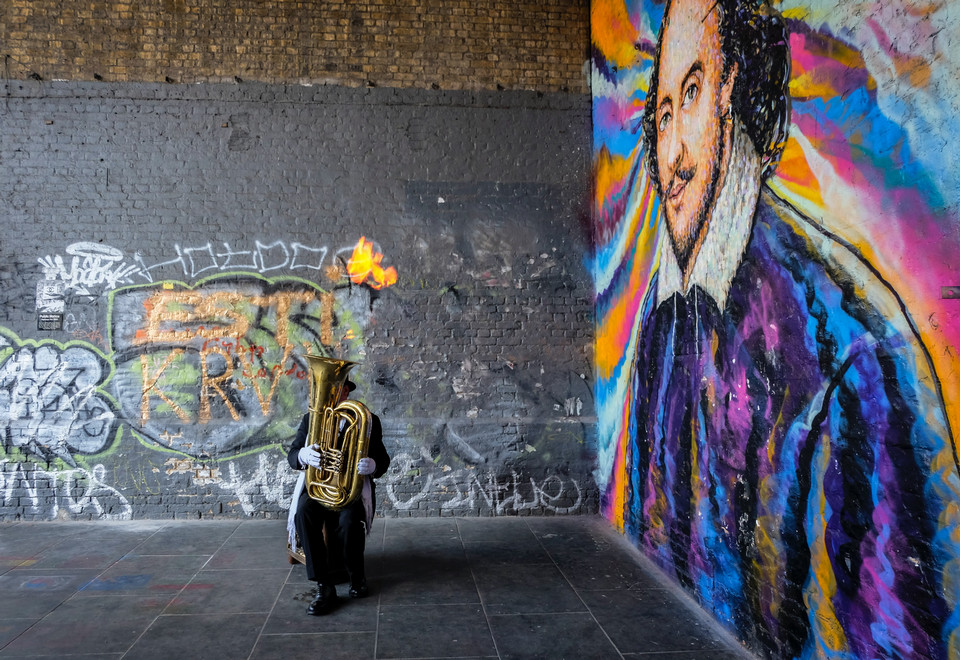Race Before Race: Social Media Fellows Program
By Dorothy Kim

In the last several years, there has been a push to ask scholars, students, and programs to pivot
toward public humanities work. However, what does it mean for scholars, students, and staff to
do public humanities work—especially around gender, race, sexuality, disability, etc.—without
knowing what public visibility means in terms of harassment, attacks, and violence particularly
in the current US higher education climate? What are the ethics around asking the most
vulnerable to do digital public humanities work without knowing the potentially violent pitfalls
and what to do to at least try to create structures of support, care, and also defense?
What do you do if you are faculty, graduate student, or staff and the far right and/or white
supremacists attack you online? What sort of protections, help, or rights do you have if you have
been digitally harassed about your research work, what you teach in your classroom, or a talk
you have given at an event? What are the legal frames if you are in a state that currently wants to
abolish critical race theory and any work coming from Women and Gender Studies? What kind
of things can institutions do to help you if you are doxed, digitally harassed, or otherwise
attacked for work that either falls under academic freedom and/or the U.S. laws around 1 st
amendment free speech? How do you personally lock down your digital footprint and or set up
ways so that your personal information and location is not easily accessible to anyone who wants
to digitally harass you? Can a state decide the curriculum of a faculty’s class? How do you deal
with the possibilities and pitfalls of various digital public platforms?
These are the questions that fellows in the Race Before Race: Social Media Fellow
program have asked and have been discussing with a series of workshops with experts in the
field of digital media. This has included Sydette Harry (Mozilla Firefox), Jessie Daniels (CUNY
Grad. Center and Hunter College), Ra’il l’Nasah Kiam, Rae Jereza (American University), and a
lawyer. This program was originally funded by an over $3 million dollar, multi-year Mellon
grant as part of the Race Before Race: Sustaining, Building, Innovating
(https://acmrs.asu.edu/RaceB4Race/Sustaining-Building-Innovating). The Mandel Humanities
Center has funded 4 fellows for the past two years to join in this program. These have been for 2
faculty/staff and 2 graduate student fellows.
2023-2024 is the third year for the Race Before Race: Social Media Fellows program. It
is the last year of this Mellon grant. However, the continued destruction and far-right
radicalization of digital platforms (even as they are used as public utilities globally) has created
more major shifts in how to navigate these places to do public humanities work. All of the
speakers in the second year had to change their workshops to address the most recent destruction
of platforms like Twitter and the continued attacks in certain Republican states over the teaching
of Black History, critical race theory, LGBTQIA topics especially in relation to transgender
studies, as well as climate science, and discussions around vaccination and epidemiology. I
expect that in 2023-2024, these public digital humanities spaces and the terrain are going to
continue to radically shift. This program has been a vital lifeline for its fellows to organize
resources, understand the digital public humanities terrain, and ask broader policy and legal
questions about what it means to be a public scholar in the midst of a US and global whitelash.